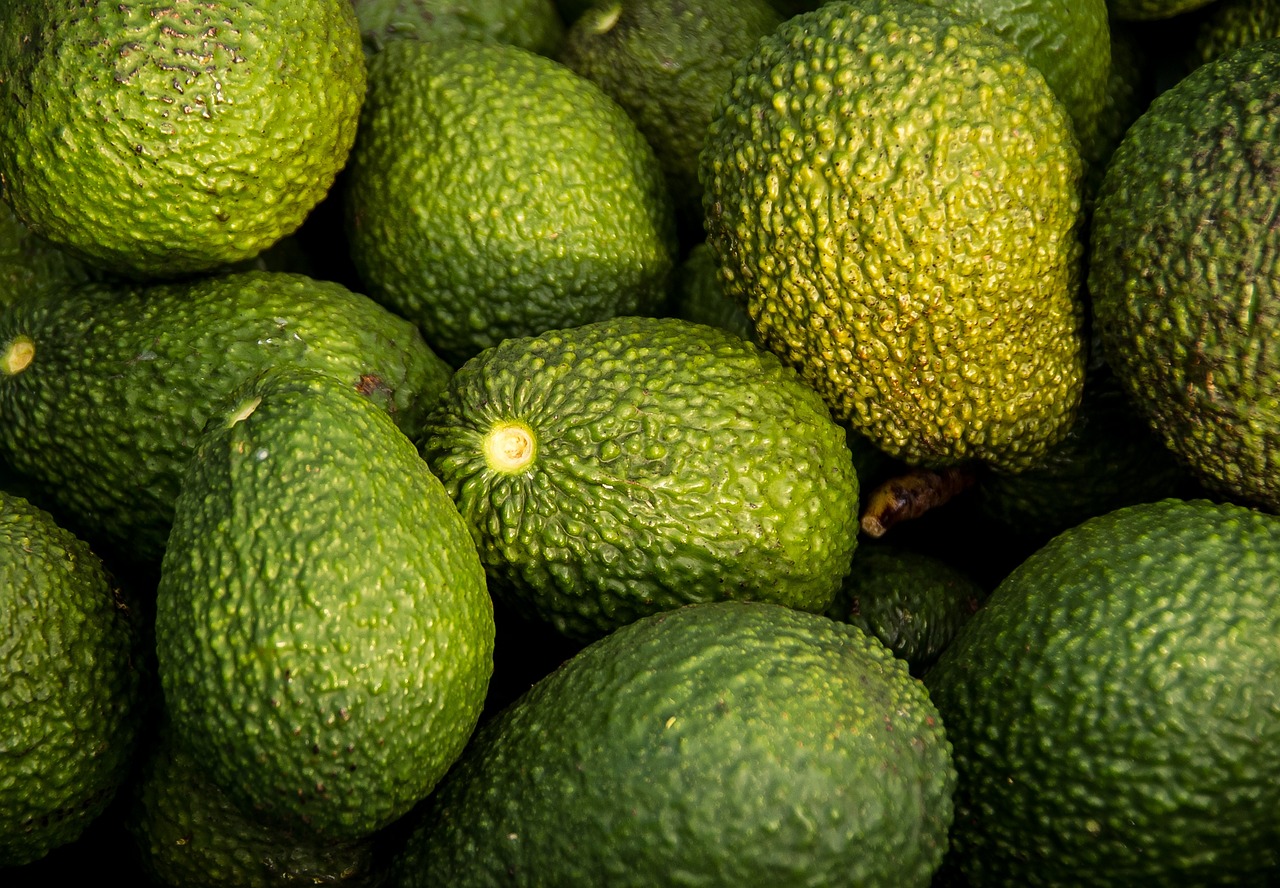Introduction:
Magnesium is an essential mineral that plays a crucial role in numerous bodily functions. From supporting bone health to regulating muscle and nerve function, magnesium is involved in over 300 biochemical reactions in the body. In this article, we will explore why magnesium is important for overall health and well-being, as well as provide a list of the top five foods that are excellent sources of this vital mineral.
The Importance of Magnesium:
1. Bone Health:
Magnesium works in collaboration with calcium and vitamin D to promote strong and healthy bones. It contributes to bone density and helps in the absorption and metabolism of calcium.
2. Energy Production:
Magnesium is involved in converting food into energy. It plays a key role in the production and transport of ATP (adenosine triphosphate), the primary energy molecule in our cells.
3. Muscle Function:
Magnesium is essential for proper muscle function, including muscle contraction and relaxation. It helps prevent muscle cramps and spasms and contributes to overall muscle performance.
4. Nervous System Health:
Magnesium supports a healthy nervous system by regulating neurotransmitters and promoting a calm and relaxed state. It may help reduce anxiety, stress, and improve sleep quality.
5. Heart Health:
Magnesium is crucial for maintaining a healthy heart rhythm and blood pressure. It supports the relaxation of blood vessels, reduces inflammation, and plays a role in preventing cardiovascular diseases.
Top 5 Magnesium-Rich Foods:
1. Spinach:
This leafy green vegetable is not only packed with vitamins and minerals but also a great source of magnesium. Add spinach to salads, smoothies, or sauté it as a nutritious side dish.
2. Almonds:
These crunchy nuts are not only delicious but also rich in magnesium. Snack on a handful of almonds or use them as a topping for salads, yogurt, or oatmeal.
3. Avocado:
Apart from being a source of healthy fats, avocados are also a good source of magnesium. Enjoy them in salads, spreads, or as a creamy addition to various dishes.
4. Dark Chocolate:
Indulge your sweet tooth while reaping the benefits of magnesium with dark chocolate. Opt for varieties with a high percentage of cocoa to maximize the magnesium content.
5. Black Beans:
Incorporate black beans into your meals for a boost of magnesium. Add them to soups, stews, salads, or use them as a filling for tacos and burritos.
Conclusion:
Magnesium is a vital mineral that supports various functions in the body, including bone health, energy production, muscle function, nervous system health, and heart health. Incorporating magnesium-rich foods into your diet is an excellent way to ensure an adequate intake of this essential mineral. However, if you have specific health concerns or suspect a magnesium deficiency, it's always advisable to consult with a healthcare professional for personalized advice.
References:
1. National Institutes of Health. (2021). Magnesium: Fact Sheet for Health Professionals. Retrieved from https://ods.od.nih.gov/factsheets/Magnesium-HealthProfessional/
2. Volpe, S. L. (2013). Magnesium in disease prevention and overall health. Advances in Nutrition, 4(3), 378S-383S. doi: 10.3945/an.112.003483
3. Mayo Clinic. (2021). Magnesium: Fact Sheet for Health Professionals. Retrieved from https://www.mayoclinic.org/drugs-supplements-magnesium/art-20365912










